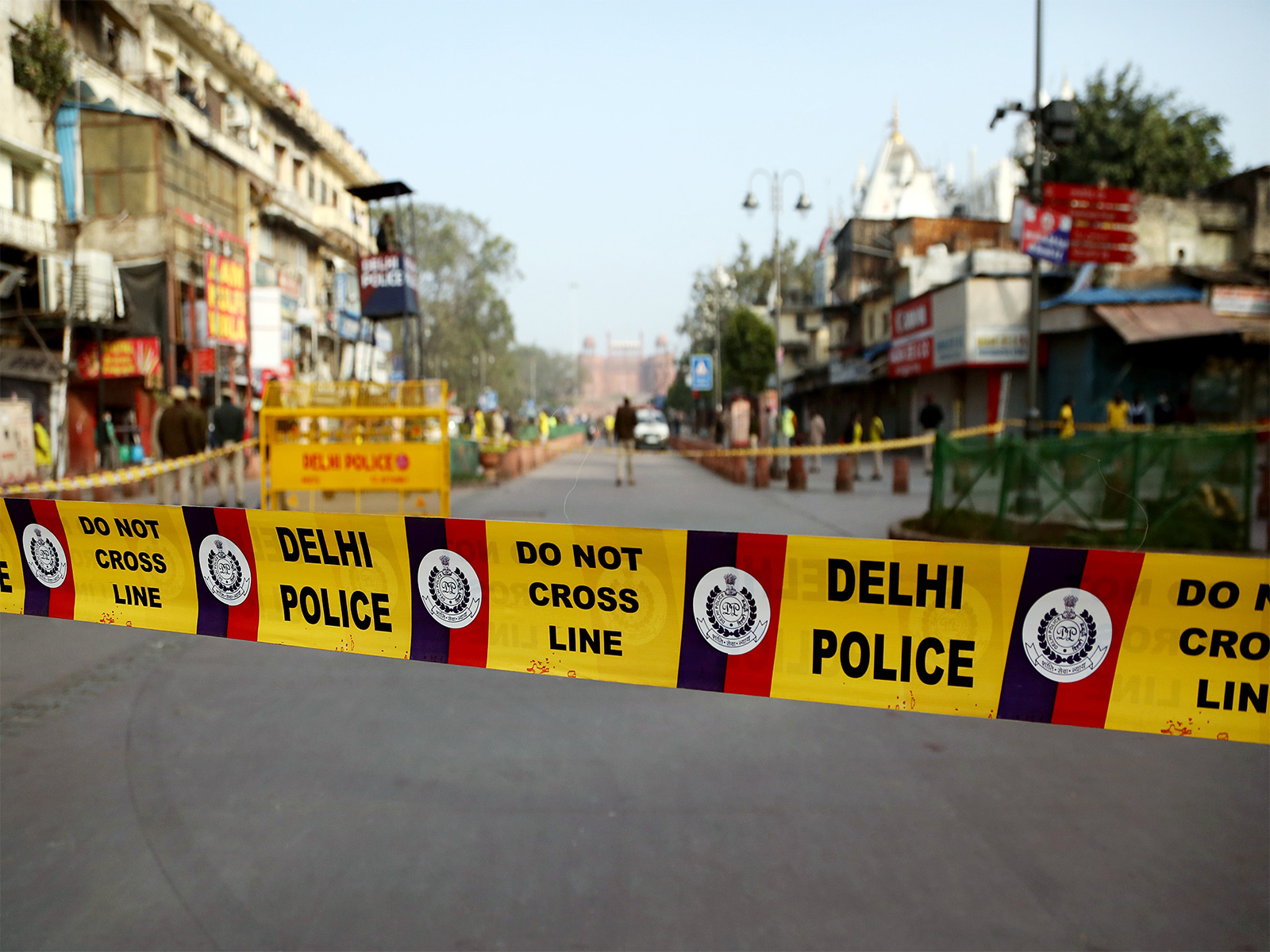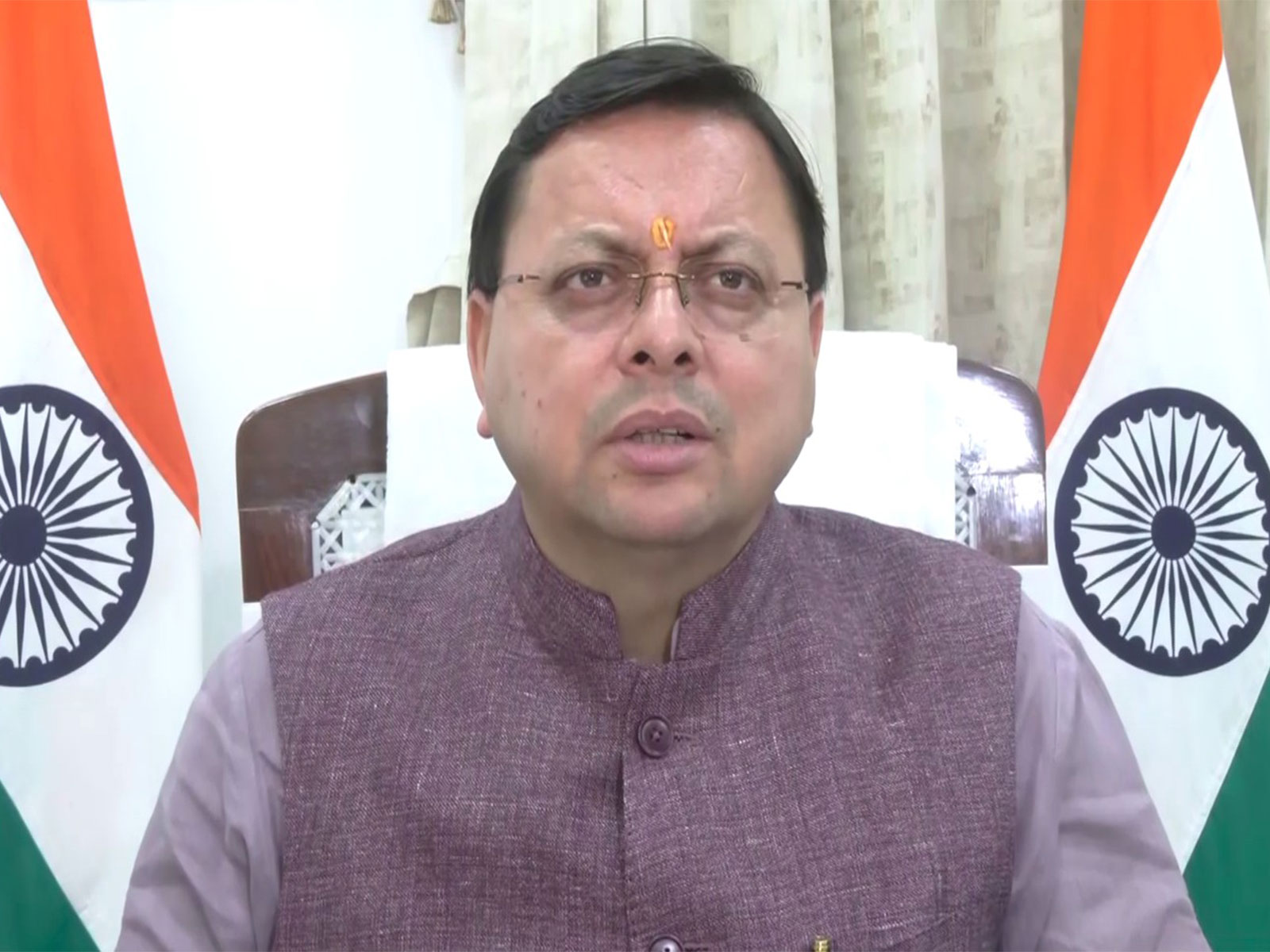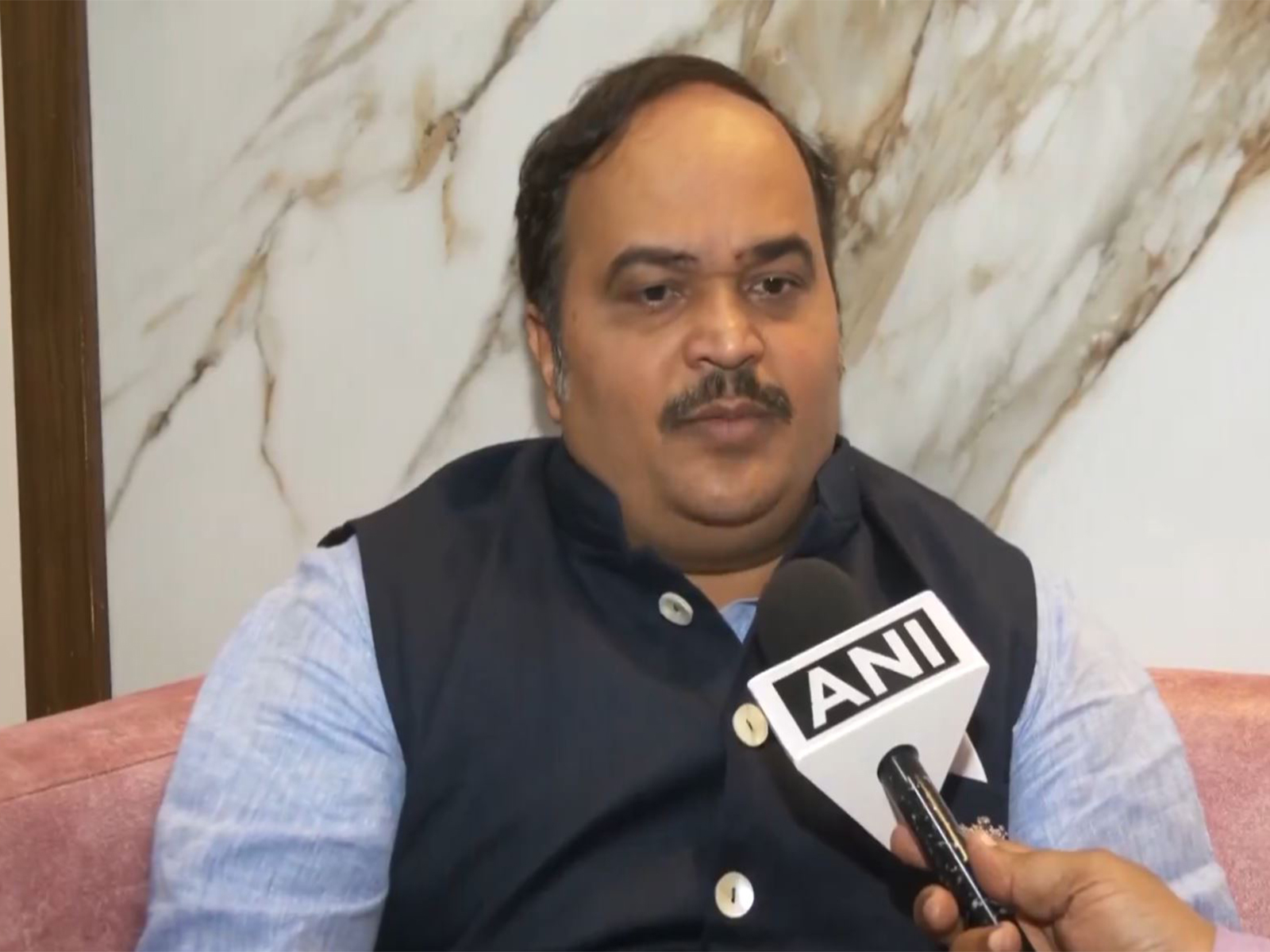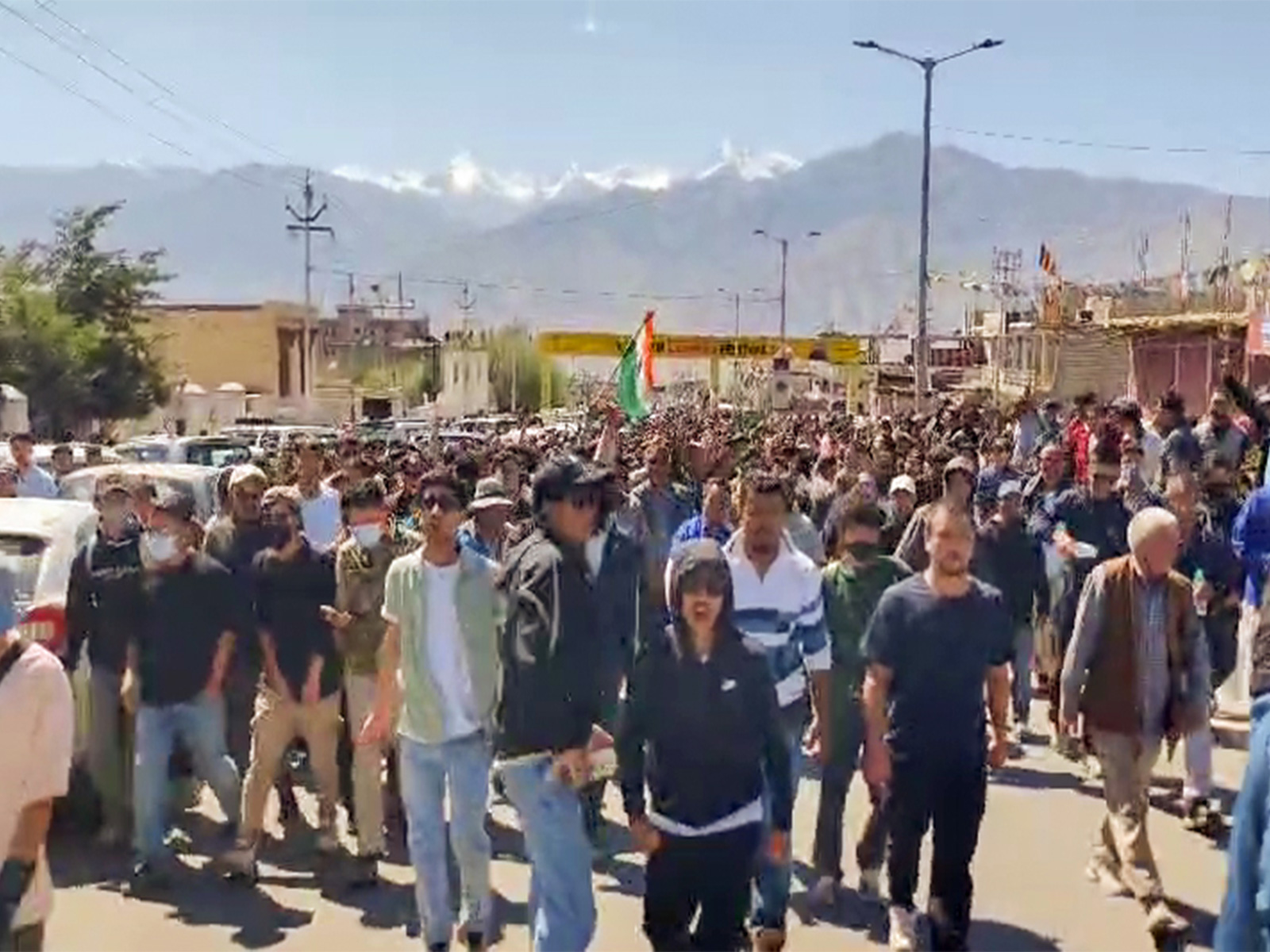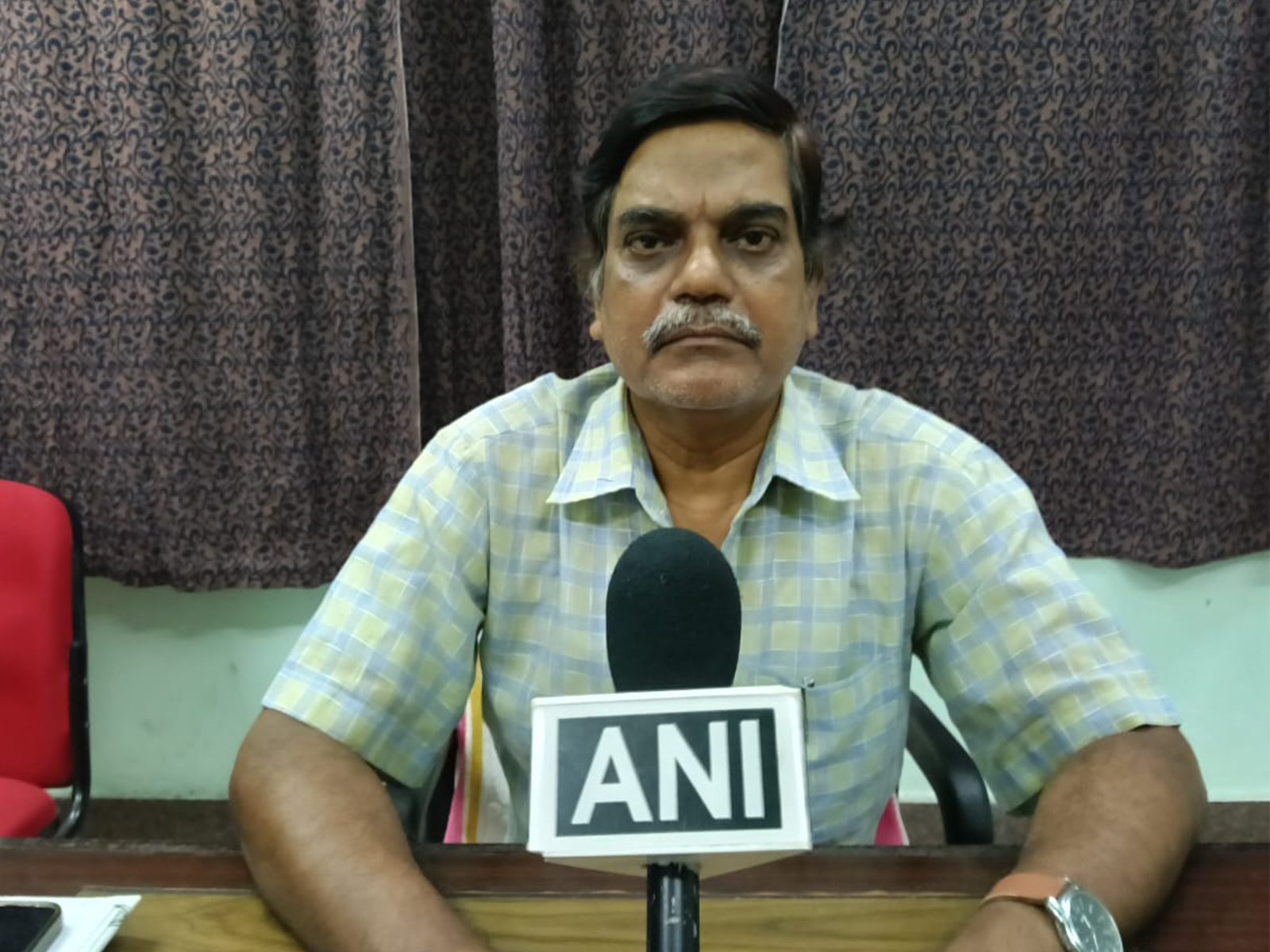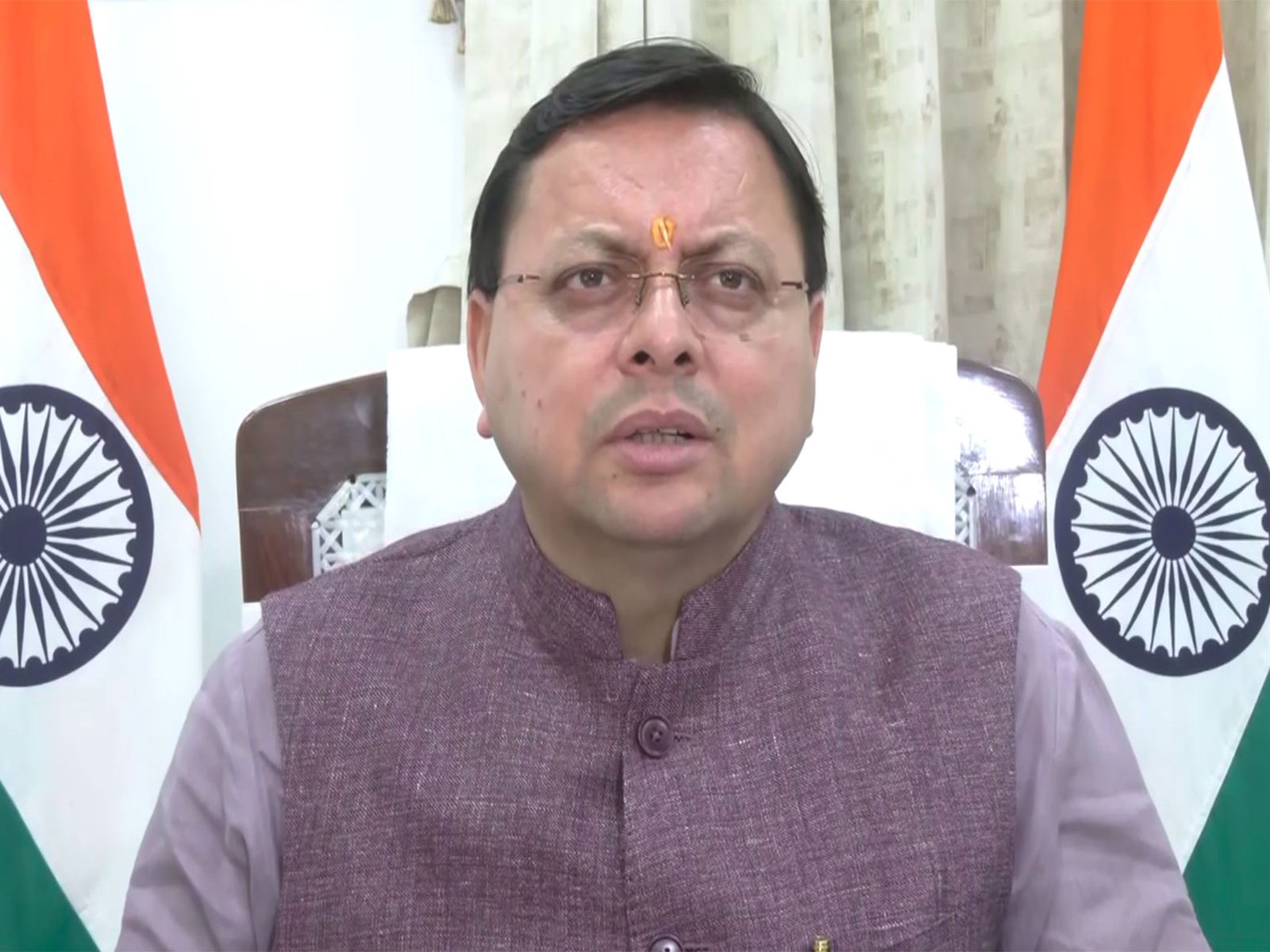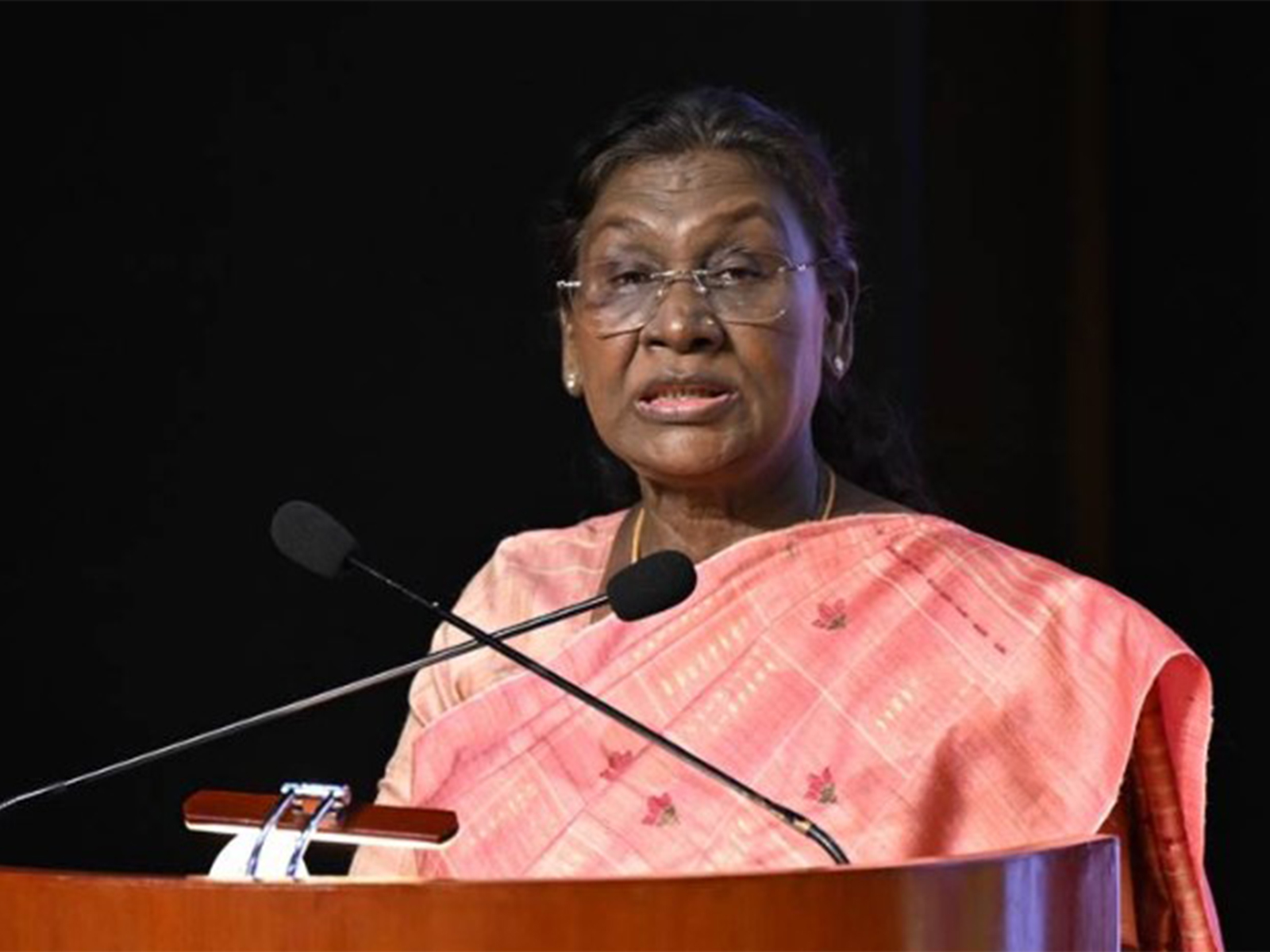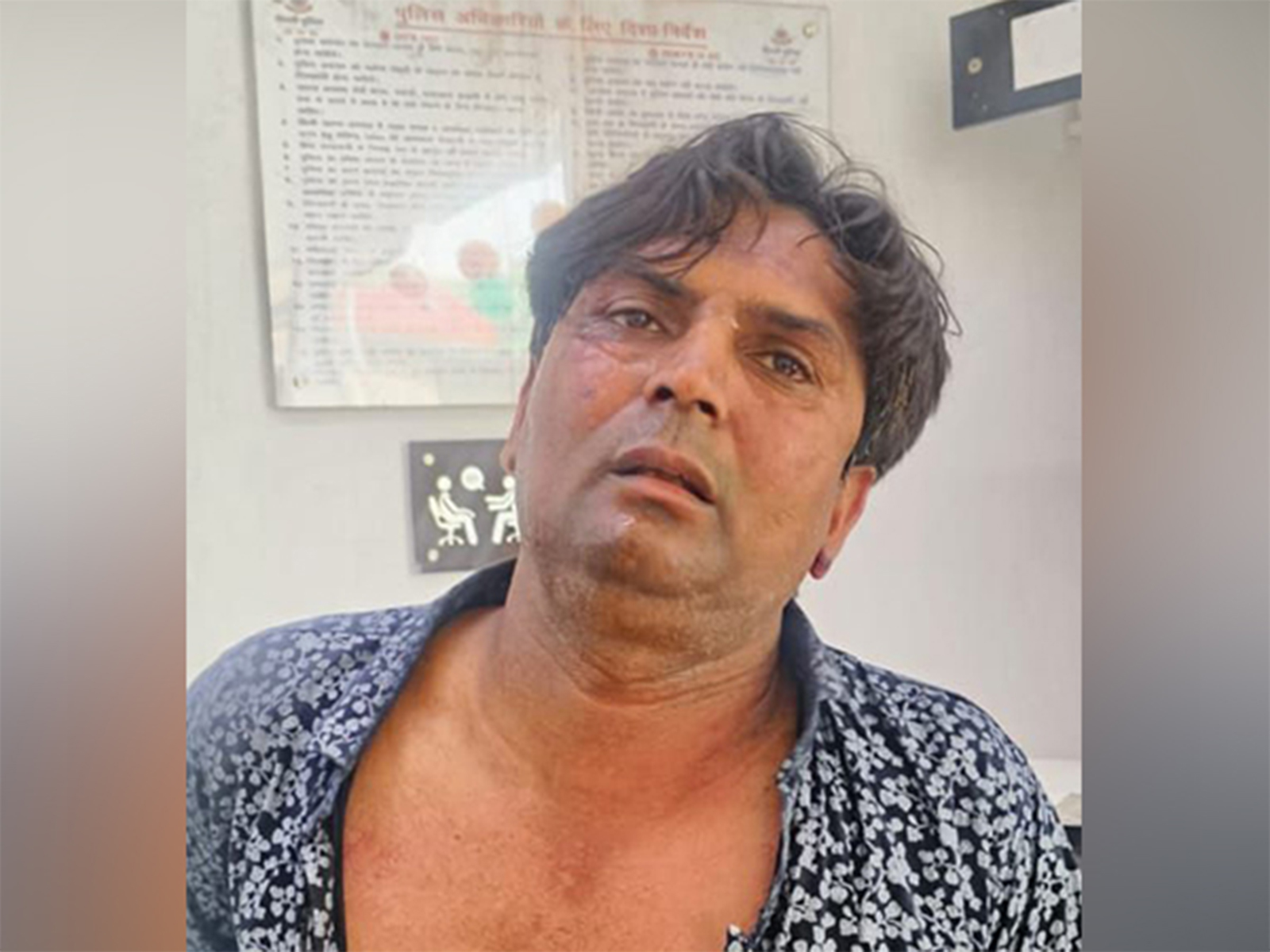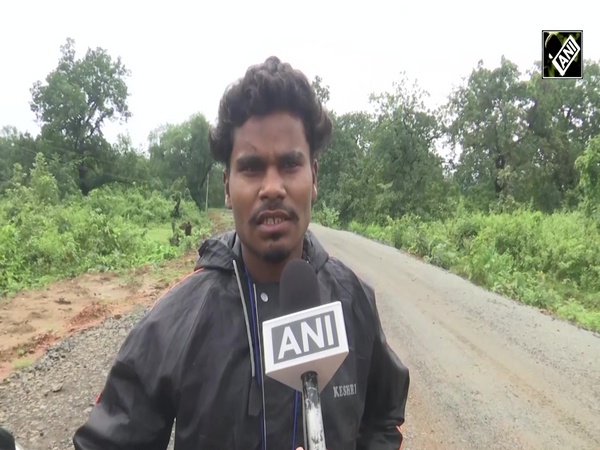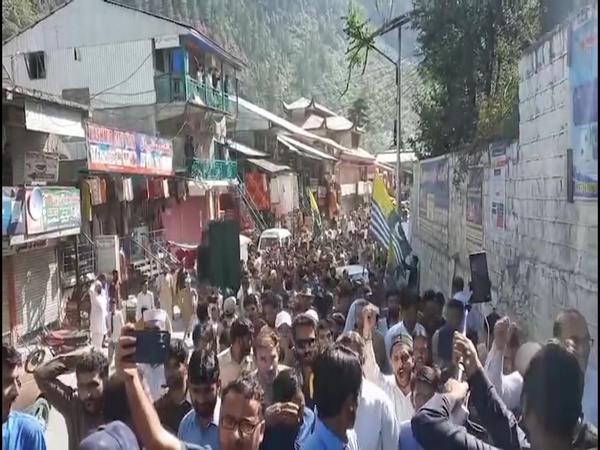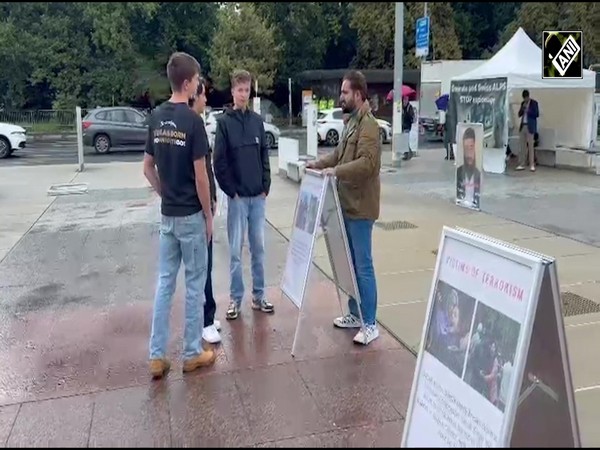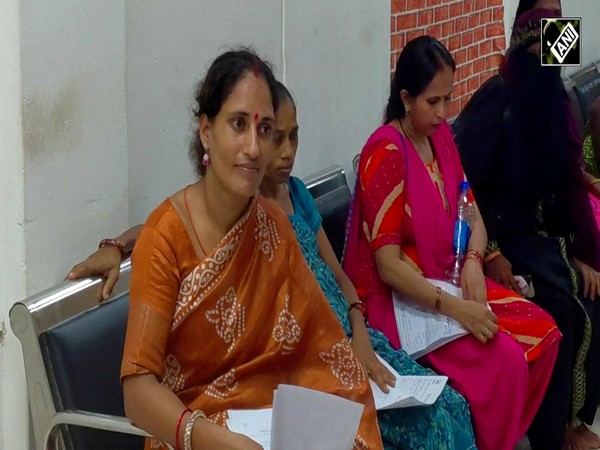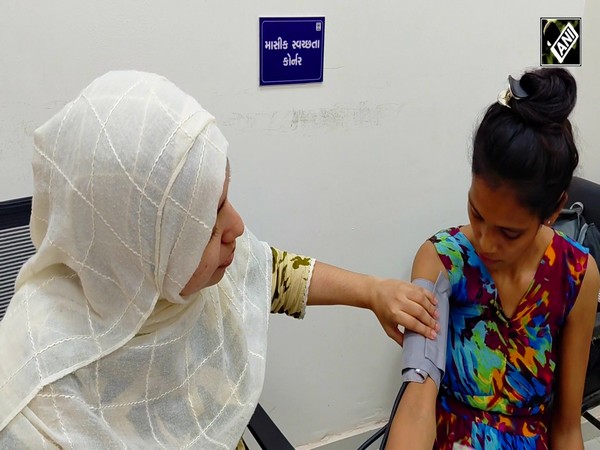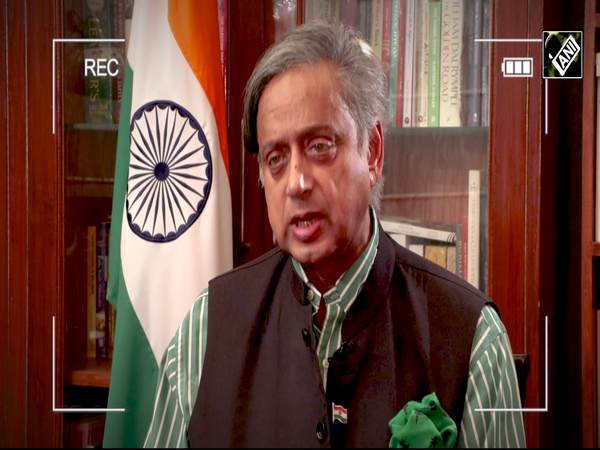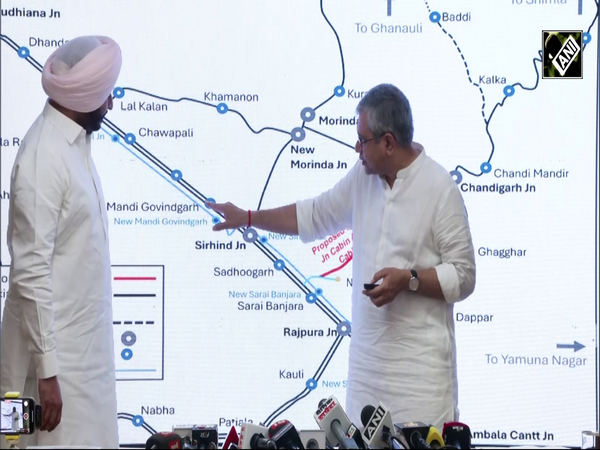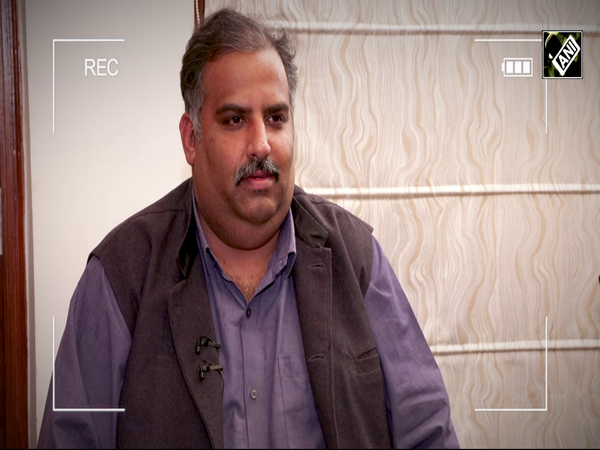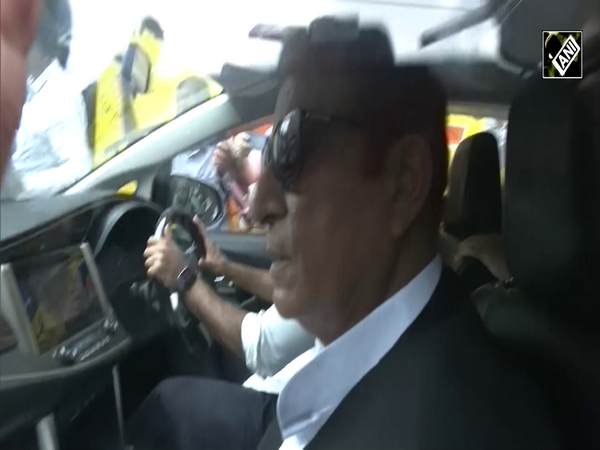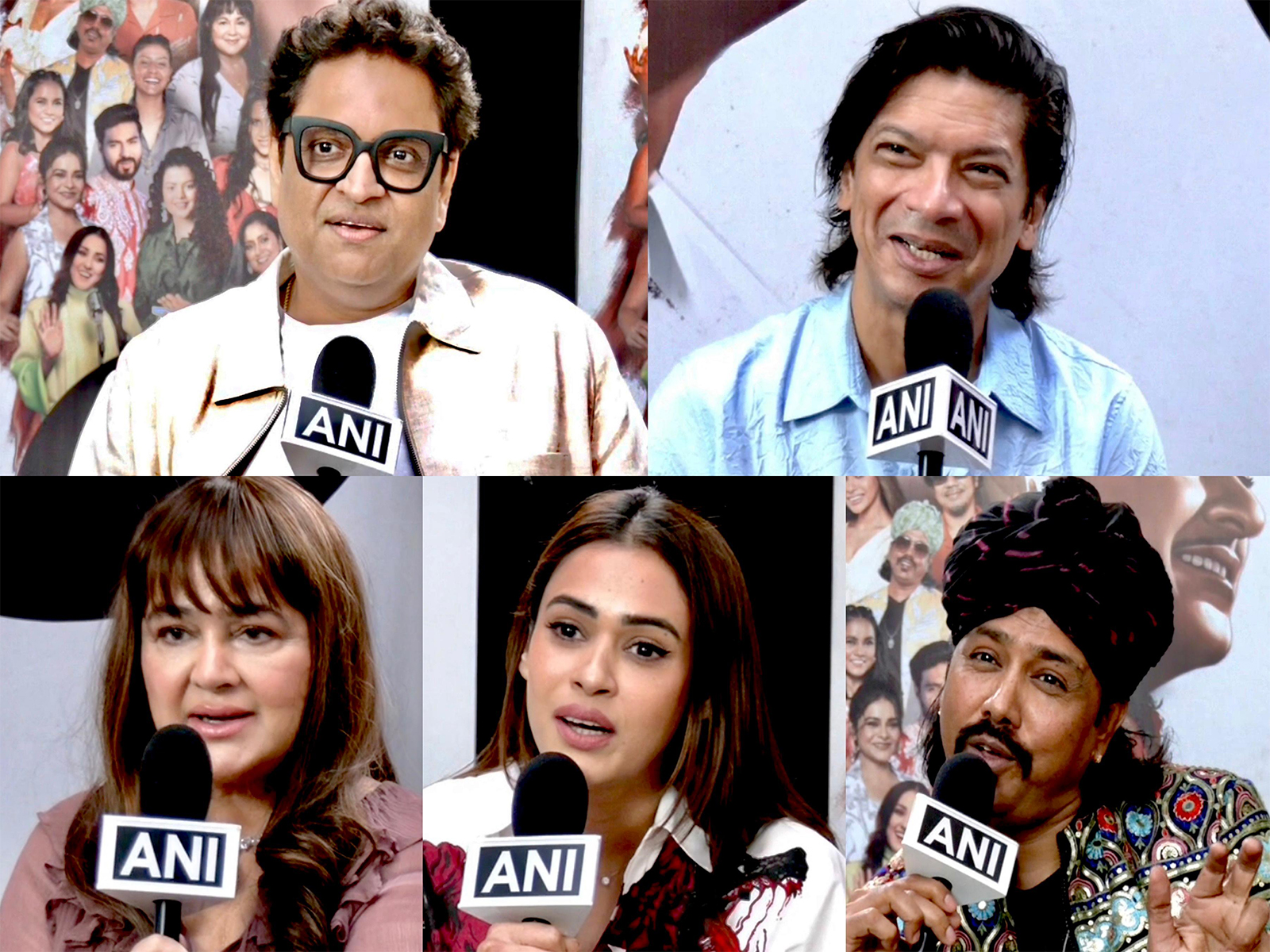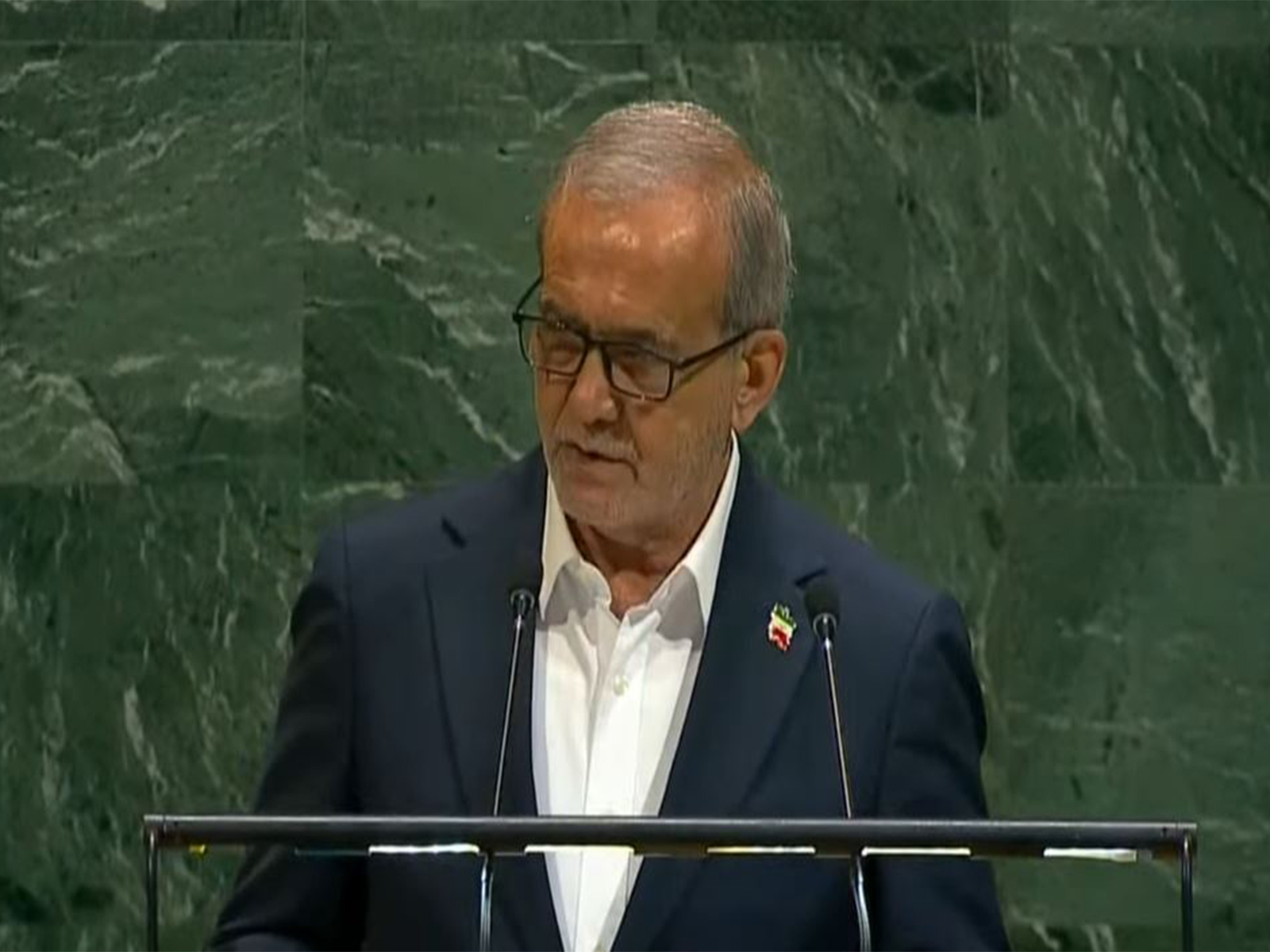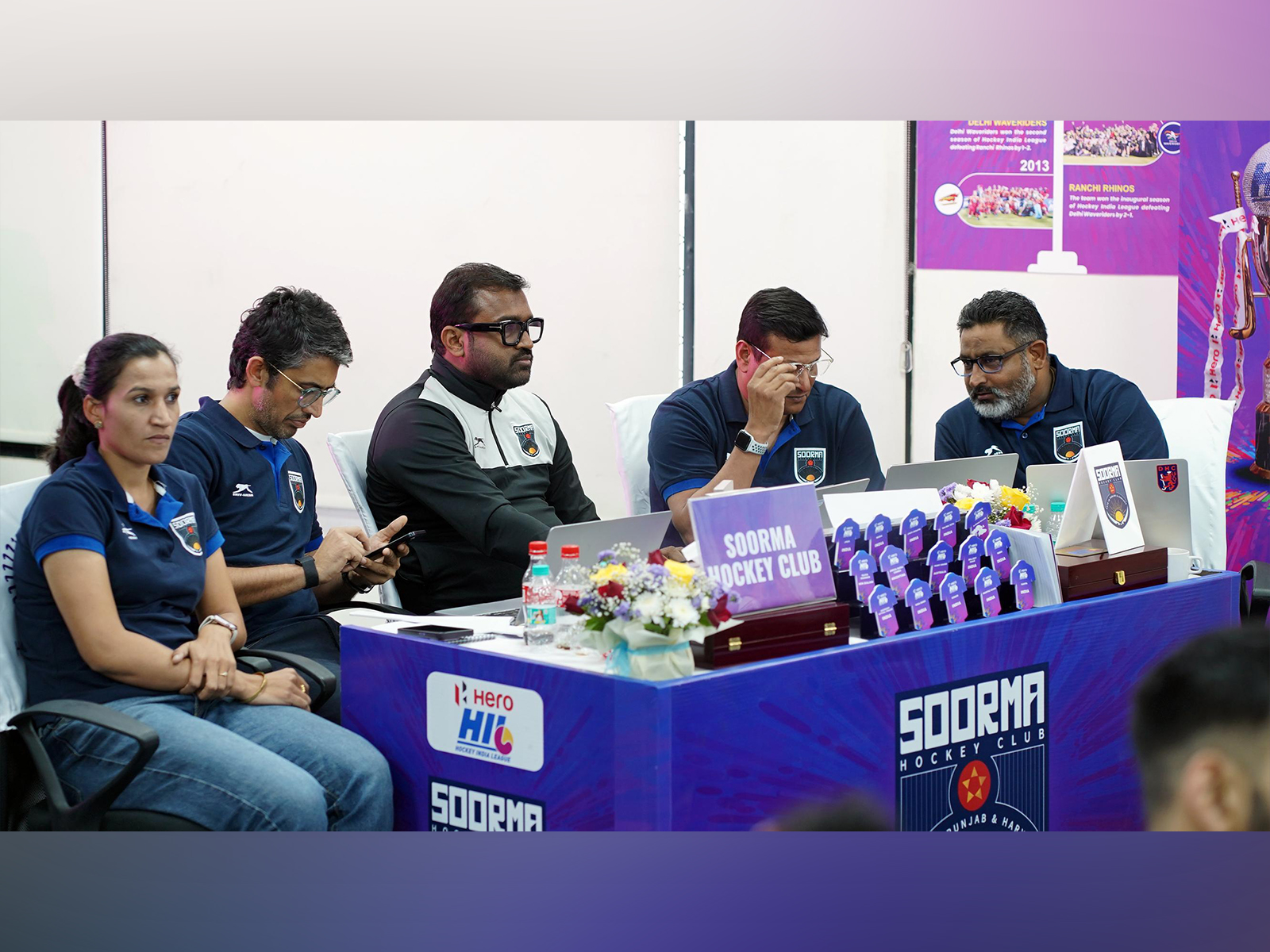
JPC on One Nation One Election interacts with economic experts; Chairman says research suggests upto 1.5 pc benefit to GDP if there are simultaneous polls
Sep 24, 2025
New Delhi [India], September 24 : The Joint Parliamentary Committee (JPC) on One Nation One Election (ONOE) interacted with economic experts on Wednesday, with Chairman of the panel PP Chaudhary stating that the move is expected to benefit the GDP by up to 1.5 per cent or approximately Rs 7 lakh crore, according to broad research estimates.
The panel heard the views of 16th Finance Commission Chairman Arvind Panagariya, economist Dr Surjit Bhalla, and former Deputy Chairman of the Planning Commission, Montek Singh Ahluwalia.
Chaudhary, a BJP MP, said later that there are elections in the country almost every year.
"If Lok Sabha and Vidhan Sabha elections are held together, it will save money. We called economic experts today... If the elections are held together, it will benefit the GDP by upto 1.5% or approximately Rs 7 lakh crores... PM Modi's vision is that money should be used for the development... This is a discussion stage. Nothing is final yet... The next meeting may be held by the end of October," he said.
Sources said that Surjit Bhalla proposed a model of election where all state assembly elections are held together after almost two-and-a-half years of Lok Sabha polls, allowing for reduced frequency of elections but still ensuring accountability and check of people's mandate.
The sources said that Ahluwalia also said that national and state elections should be held at different time as issues in the two polls are different.
Sources said Arvind Panagariya observed that there are a total of 13 rounds of election in a 5-year election window, with an election being held somewhere in the country every 4.5 months on average.
He is learnt to have said that during the 1957 election, the preference of the Constitution framers undertook the premature dissolution of state assemblies to conduct a simultaneous 1957 general election.
He argued that it is reasonable to assume that if the makers of the Constitution anticipated that the nation would one day find itself in a continuous cycle of elections, they would have opted for an electoral system quite similar to the one outlined in the 129th Constitutional Amendment Bill.
Sources said he pointed out that the Finance Commission, a constitutional body tasked with submitting the report setting devolution of funds to states, was itself impacted by the 2024 general election and the following state elections, resulting in delays in its consultation process.
Panagariya is learnt to have said that repeated enforcement of the Model Code of Conduct interrupts policymaking, delays procurement and project execution, and shortens the effective reform window for governments.
In contrast, the once-in-five-years election model offers a longer and clearer policy horizon for both state and central governments, lowering uncertainty and creating stability that encourages private capital formation, he said, according to sources.
He is leant to have pointed to large academic evidence that points to a rise in government spending before elections leading to a higher fiscal deficit because the government expands fiscal spending to boost short-term growth.
Sources said he pointed out that evidence also indicates that government expenditure moves away from capital expenditure to revenue expenditure, pointing to deterioration in the quality of expenditure.
He observed, while citing academic evidence, that Indian state governments shift to current and targeted expenditure such as subsidies.
He pointed out that when elections are held simultaneously, union subsidies can substitute state expenditure on subsidies; however, if elections are held in the current framework, state subsidies have to complement union subsidies, thus increasing the total expenditure on subsidies.
Sources said he said impending elections in the state harden the state position on union-level reforms such as VAT fiscal rules and subsidies that require the consent of states. High frequency of state elections increases the force of this impediment to structural reforms.
The sources said Surjit Bhalla pointed out that in over two decades, all Lok Sabha elections have run their full course.
Lok Sabha election being conducted every five years is not a problem. It is, he pointed out, the repeated state elections that are of concern.
He is learnt to have said that imposition of MCC (Model Code of Conduct) also matters more for state elections and not as much for the union due to its structured and fixed frequency for Lok Sabha elections.
Sources said he is learnt to have said that simultaneous elections are a positive force for democracy and pointed to the evidence that the incidence of violence peaks around elections and reduced frequency of elections under ONOE will lead to a reduction in violence.
They said he argued that NK Singh's paper shows the cost and problems of the current election framework and "non-simultaneous elections are a luxury we can no longer afford".
He is learnt to have conveyed that the current model of elections is not one that was envisioned in the Constitution and agreed that staggered elections induce a financial and opportunity cost on migrant workers and suggested a change in the Constitution for the same.
Sources said he acknowledged that the real cost of elections has not grown. However, it is the intangible and indirect cost of elections that is of concern.
An opposition member later said that no new data was provided in the meeting and that the amount spent in holding elections is a pittance compared to budget of the union government.
Another opposition member said that MCC can be modified to address any concerns concerning development and a new law is not needed.
The member said that Ahluwalia stated that fiscal deficit is alien to electoral synchronization.
He said Ahluwalia disagreed with suggestion that simultaneous polls will reduce government expenditure or that it has a direct connection to growth.
He is also learnt to have agreed to suggestion of making requisite modifications in MCC.
Ahead of the JPC meeting on One Nation One Election, Chaudhary said that if elections happen simultaneously, it is possible that the vision of Viksit Bharat 2047 is achieved before the targeted time.
